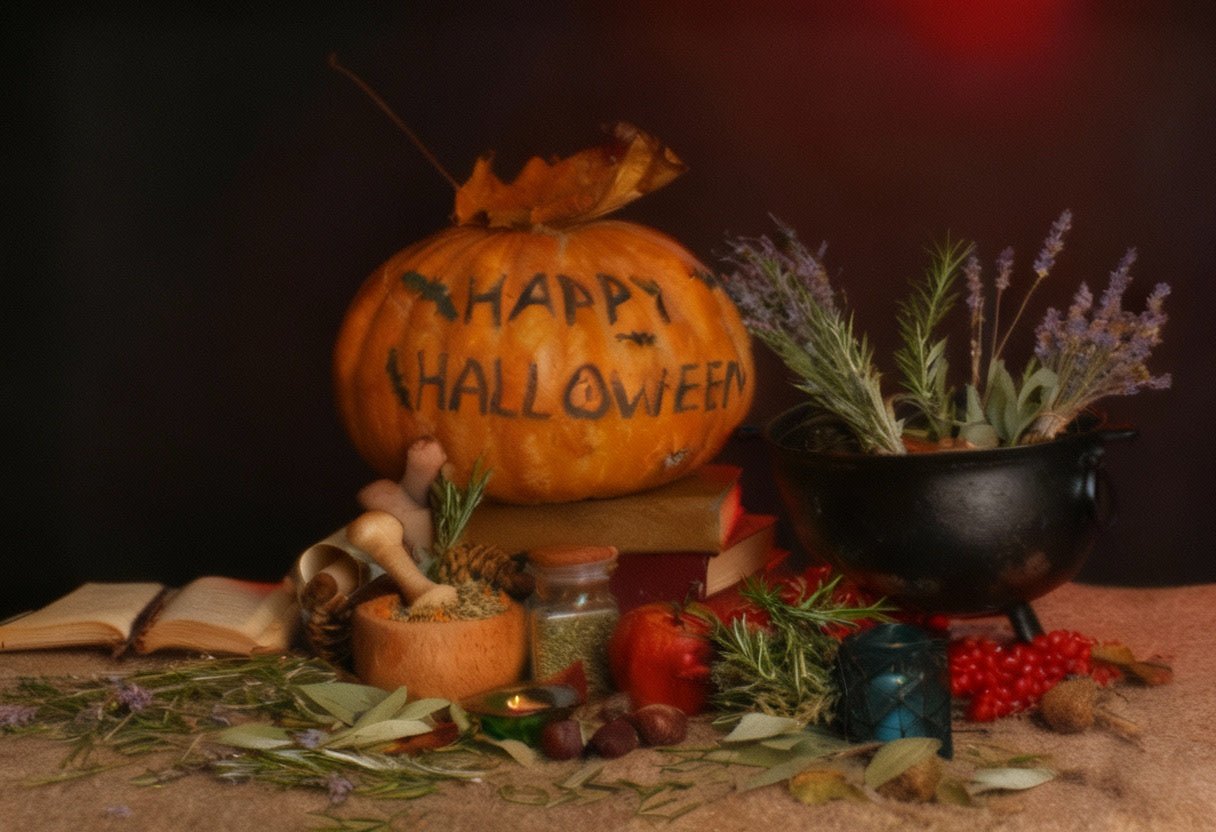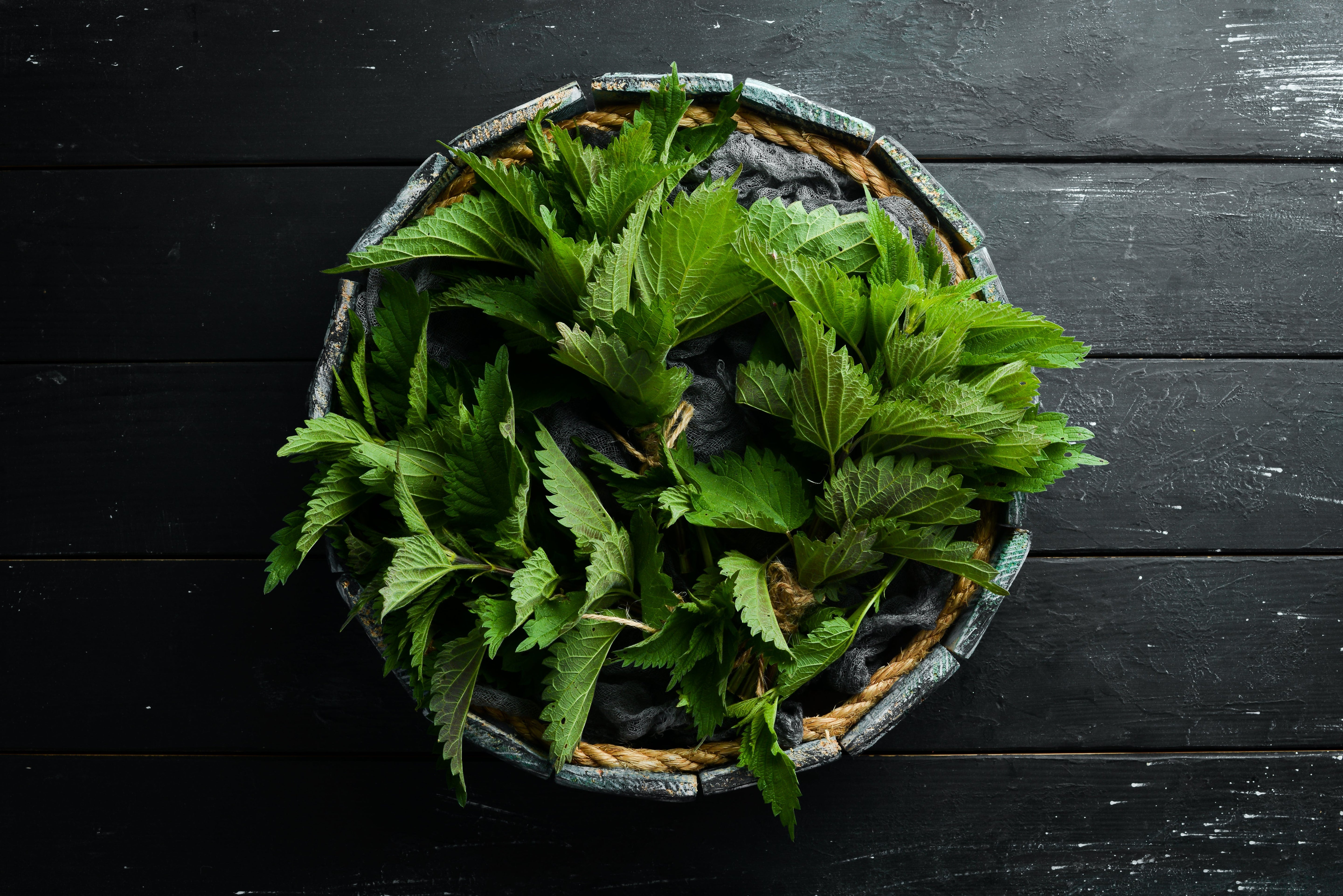Herbs for insomnia – a natural method for falling asleep

The length and quality of sleep affect the daily functioning of the body, because even sporadic disorders cause decreased concentration, decreased energy and irritability. On the other hand, recurring sleep problems are a greater cause for concern. Insomnia is problems with falling asleep, with poor quality sleep or its deficiency. People suffering from sleep disorders are overtired, have problems with concentration, learning, and also with reduced immunity. Sleep disorders can be a consequence of an irregular day and night rhythm, unhygienic lifestyle, stimulants or excessive stress in everyday life. Insomnia can also be related to medications taken or result from the course of diseases. Sleep quality disorders often appear in older people, which is related to age-related diseases.
Herbs rich in melatonin, flavonoids and other natural compounds affect the regulation of sleep rhythm and stimulate the production of hormones responsible for sleepiness. They help people fall asleep, improve the quality of sleep and reduce waking up at night. They have a calming and soothing effect. Herbs reduce stress and help the body fight the causes of insomnia.
Which herbs are the most effective for insomnia?
Valerian (Valeriana officinalis) - the medicinal raw material is the root. Valerian helps fight anxiety, excessive excitability and thus makes it easier to fall asleep. It counteracts heart disorders associated with nervousness and depression. For this reason, it is a common ingredient in sedatives. Valerian can be consumed in the form of decoctions (the crushed raw material is boiled for about 15 minutes), tinctures, drops or lozenges. It has a specific smell, which is why it is often combined with other herbs for insomnia.
Hops (Humulus lupulus) - hop cones are used for medicinal purposes. The acids contained in them (humulone, lupulone) are mainly responsible for the calming and sleep-inducing effect. At the same time, the above-mentioned compounds give the cones a bitter taste. The plant has an inhibiting effect on the activity of the cerebral cortex, reduces the sensitivity of some centers in the medulla oblongata and spinal cord, and also makes it difficult to transmit stimuli to the brain. This makes it easier to fall asleep. Hops also help with digestive system diseases and have an antispasmodic effect. It is most often used as an addition to valerian - this is a popular combination.
Lavender (Lavandula) - the raw material is flowers, which contain, among others, essential oil, phenolic acids, triterpenes, phytosterols and flavonoids. They are used in states of nervous tension, anxiety and insomnia. Lavender makes it easier to fall asleep and improves the quality of sleep. The flowers are consumed in the form of an infusion or used as a spice for dishes prepared for dinner. It is also suitable for flavoring drinks. Lavender oil is also useful in aromatherapy.
Lemon balm (Melissa officinalis) – is one of the most well-known medicinal plants used for sedation. It has an anti-anxiety effect. The leaves are prepared in the form of an infusion (tea). They facilitate falling asleep. They help with heart rhythm disorders and support the digestive system.






